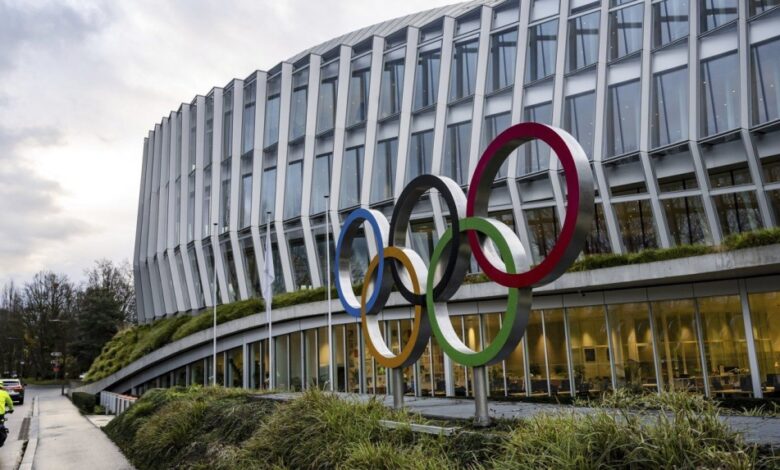Olympics election: IOC president candidates release manifestos

GENEVA, Switzerland –
The race for the next International Olympic Committee president is heating up as the seven candidates have now unveiled their manifestos. One candidate, Sebastian Coe, has made a bold proposal to only serve half of the eight-year mandate and then stand for re-election in 2029.
Coe, the current World Athletics president at 68 years old, has promised to bring about “transformative change over the next four years” before seeking re-election ahead of schedule.
Several candidates, including Coe, are vowing to give IOC members a more decisive role in selecting future host cities. Currently, under the leadership of Thomas Bach, members simply approve a single host candidate chosen by the IOC administration.
Candidates like Juan Antonio Samaranch Jr. and Prince Feisal al Hussein are also advocating for empowering members and increasing the retirement age for IOC members from 70 to 75 years.
The exclusive IOC club consists of 111 members, including European and Middle Eastern royalty, sports leaders, former and current Olympic athletes, politicians, diplomats, and industry figures.
Only IOC members are eligible to run for the presidency, and the other contenders alongside Coe include Kirsty Coventry and presidents of sports governing bodies such as Johan Eliasch, David Lappartient, and Morinari Watanabe.
The release of the candidates’ manifestos is a key event in the campaign, which is otherwise characterized by strict rules limiting self-promotion and interaction with voters. A meeting will be held on January 30 at IOC headquarters in Lausanne, Switzerland, where candidates will present themselves to voters.
With no female president in IOC history, Coventry, the 41-year-old sports minister of Zimbabwe, is only the second female candidate to run for the presidency. She is widely considered as Bach’s preferred successor to continue his policies.
Both Coventry and Coe have illustrious Olympic backgrounds, with Coventry being a two-time Olympic swimming champion and Coe a two-time Olympic track champion who also led the organization of the 2012 London Olympics.
Coe made headlines earlier this year by committing World Athletics to awarding prize money to Olympic gold medalists in track and field events. Prince Feisal emphasized the need for athletes to be properly valued, while Samaranch proposed relaxing rules on athletes using footage of their performances on social media.
The incoming IOC president will face challenges such as selecting a host for the 2036 Olympics, addressing climate change’s impact on the sports calendar, gender equality issues, reintegrating Russia fully into the Olympic Games, and securing a new U.S. broadcast deal.
The IOC presidency is limited to 12 years under anti-corruption reforms, with the option for presidents to serve two terms of eight and four years respectively.




